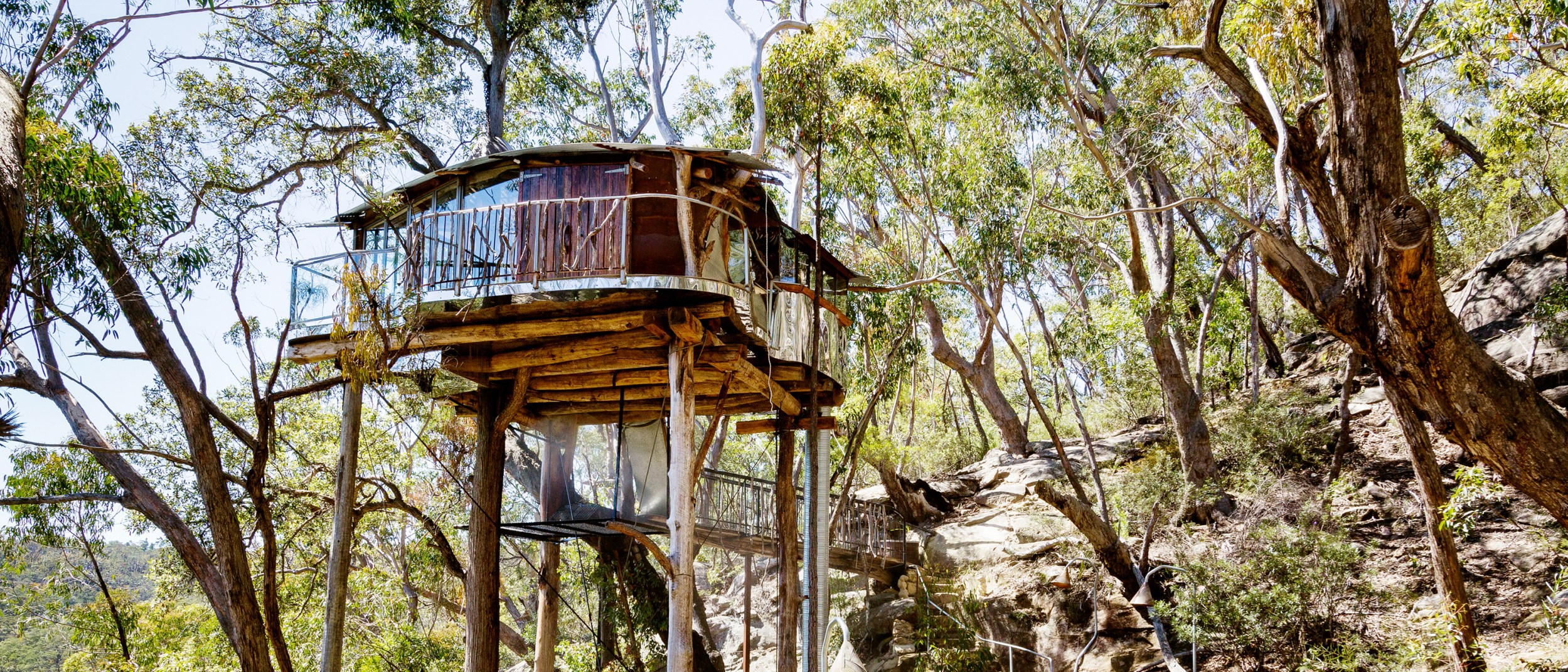Airbnb enables communities with no hotels to share the benefits of tourism
Key Takeaways
- Data shows there were over 92,000 guest arrivals in areas across the country with Airbnb listings and no hotels, earning Airbnb hosts more than AUD $27 million
- Additionally, a new white paper published by Arup and Airbnb explores how cities in Australia and Asia Pacific can position their communities to be more sustainable and resilient

Key Takeaways
- Data shows there were over 92,000 guest arrivals in areas across the country with Airbnb listings and no hotels, earning Airbnb hosts more than AUD $27 million
- Additionally, a new white paper published by Arup and Airbnb explores how cities in Australia and Asia Pacific can position their communities to be more sustainable and resilient
Airbnb Hosts and guests have emerged as key drivers of economic activity in areas not served by traditional accommodation across Australia. New data from Airbnb shows there were over 92,000 guest arrivals in communities with Airbnbs and no hotels in 2022. This has generated almost AUD $27 million in Host earnings.
Based on a first-ever analysis of Airbnb and OpenStreetMap1, the data demonstrates the value Airbnb listings bring to underserved communities, allowing new destinations to be explored by tourists keen to take the road less travelled.
The pandemic caused unprecedented disruption to global tourism, causing international visitor numbers to plummet by more than 70 percent2. On Airbnb, we saw a profound shift in travel habits away from international trips and city breaks towards domestic travel and extended rural stays.
This study demonstrates that without home-sharing, these economic opportunities for small communities and their businesses might be lost entirely. Guests have the ability to travel to many more places by using Airbnb, as compared to hotels that traditionally are located in higher-traffic areas.
To continue supporting the recovery of tourism, we worked with Arup to publish a landmark white paper which explores how cities like Sydney, Brisbane and Melbourne can position their communities to be more sustainable and resilient as travel recovers around Asia Pacific.
We want to increase collaboration between Airbnb and cities in which we operate so they can make the most of the trends shaping the future of travel, living, and working, and help drive greater dispersal of travel so that more communities, big and small, can share the benefits of tourism.
Susan Wheeldon, Country Manager for Airbnb Australia and New Zealand
How Airbnb Disperses Travel in Australia and the world
In 2022, guests stayed in over 100,000 different cities and towns globally3, and the top 10 most-visited destinations on Airbnb accounted for around 7 percent of all trips, compared to 10 percent in 20194.
The number of communities globally where guests stayed increased by over 25 percent in 2022 compared with five years ago, spreading tourism to new and different destinations5.
Since March 2020, more than 13,000 cities globally received their first booking on Airbnb6.
The Importance of Domestic Tourism
Domestic tourism has proved to be resilient in times of crisis and an option of a more immediate and positive economic impact to local economies. A weekend trip to a near destination to home is not only easier to plan but also much more affordable.
Airbnb has proven to be an option that can help develop this type of tourism by providing a more affordable option for accommodation, and by expanding the accommodation offer in more and new destinations.
Flex stays
New global data shows that guests booking stays using Airbnb’s flexible search features are significantly less likely to stay in the most popular destinations on Airbnb, compared to those booking via traditional search. Around 1 in 20 stays on Airbnb are currently booked using flexible search features7.
- Flexible bookers are approximately 23 percent less likely to stay in the top 20 destinations on Airbnb
- Flexible bookers are approximately 18 percent less likely to stay in the top 50 destinations on Airbnb
In Sydney, flexible bookers were less likely to book the most popular inner-city locality of Kings Cross (approximately 28 percent less likely) and more likely to stay outside of the city (approximately 20 percent more likely)8.
Distributed travel is affordable, boosts local economies and local jobs, and immerses people in these communities – whereas too much travel to popular places concentrates tourism economically and geographically, and has the potential to cause overcrowding, congestion and tensions between people and the places they’re visiting.
Airbnb is helping disperse guests, income, and tourism benefits beyond hotel hotspots to new and trending destinations, including many with no hotels. We see the challenges posed by hotel-driven mass tourism trends around the world, and are investing in solutions to help, while allowing guests to discover new communities and generating new income streams for locals.
Emmanuel Marill, Airbnb Regional Director for APAC